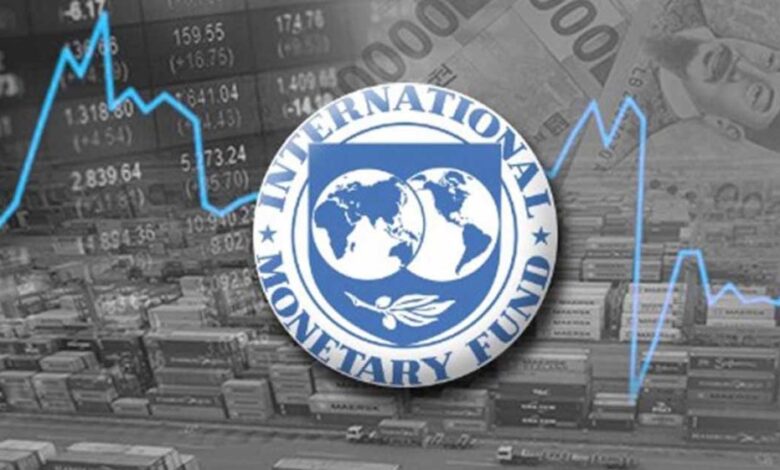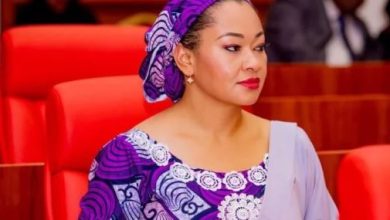IMF: Nigeria’s Economic Policies lacks capacity to strengthen Naira

The International Monetary Fund IMF has said the naira is currently finding it difficult to stabilize against the dollar two months after officials authorized open currency trading due to Nigeria’s low fiscal and monetary policies.
According to Ari Aisen, a resident representative for the IMF in Nigeria, transfers from central banks to the government are increasing the amount of Naira in circulation, lowering interest rates, discouraging savings, and preventing dollar inflows that could support Naira stability.
Aisen speaking at a seminar in Lagos stated that “there are too many naira running after insufficient foreign exchange.” “It might take some time for the supply of foreign exchange to increase.”
In an effort to streamline its exchange-rate system and increase dollar inflows, Nigeria’s central bank loosened foreign currency restrictions in the middle of June.
The official rate fell by 40% as a result, and there was further volatility, with the naira fluctuating over the past month between around 750 and 800 to the dollar.
Additionally, the difference between the black market and official rates has once more increased, reaching 18%, the largest level since mid-June when the currency was given wider freedom to trade.
According to Aisen, the naira’s volatility is expected to last for a longer time.
Even though the Abuja-based Central Bank of Nigeria has implemented the longest cycle of monetary tightening in years, raising the benchmark monetary policy rate by more than 700 basis points since May, interest rates still need to go higher, Aisen said.
“Take the Treasury bill rates, take all the other rates, it’s very difficult to give the naira a fighting chance,” he said.
The West African nation sold 80 billion naira ($103.28 million) of 362-day short-term papers on Thursday at a yield of 14.49%, far below the benchmark rate of 18.75%. Earlier on Wednesday, the central bank issued 148 billion naira ($193 million) of a 364-day treasury bill at a yield of 9.8%.
The implementation of President Tinubu’s reforms since taking office on May 29 this year has led to a rally in dollar bonds and boosted the stock market to a 15-year high. The country’s credit outlook was upgraded to stable from negative by S&P Global Ratings this week but has done little to boost supply of foreign exchange.
While it’s important to seek growth, the government needs to check money supply for the stability of the exchange rate and the economy, which can take 18 months to achieve, Aisen said. “You need additional macroeconomic tightening of fiscal and monetary policies to be able to give a chance to the Naira and stabilize the economy,” he said.
READ ALSO: Court grant Lagos family possession of land with 300 houses in Apapa
Source: AfricaHousingNews




